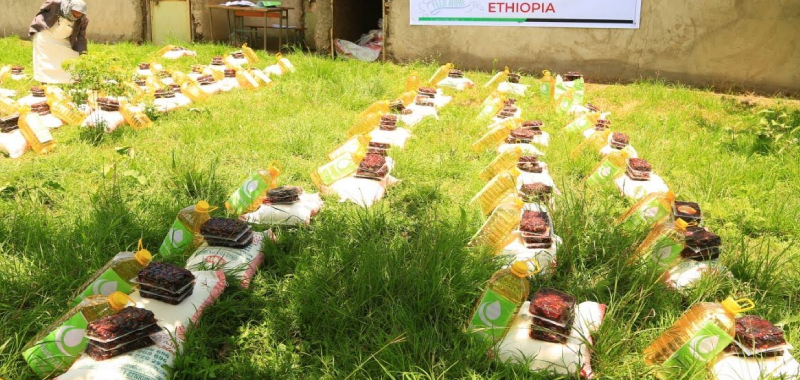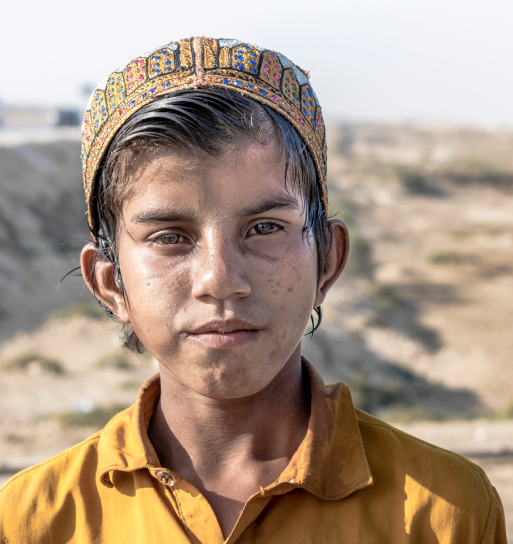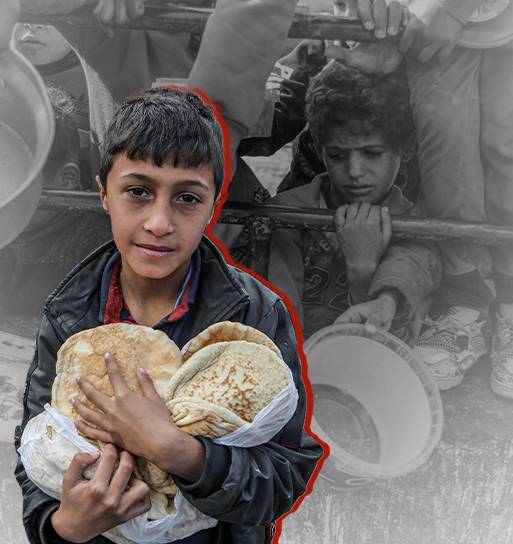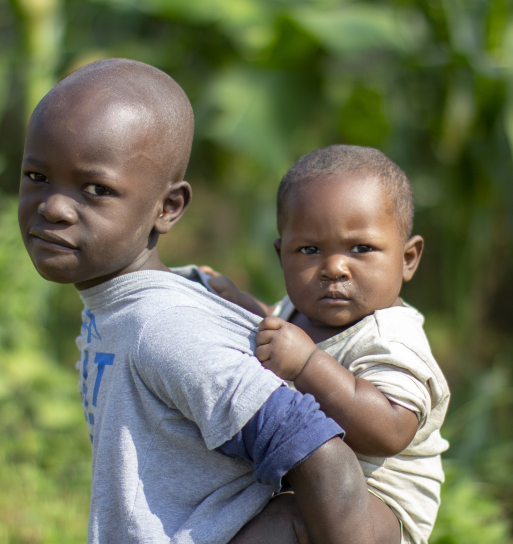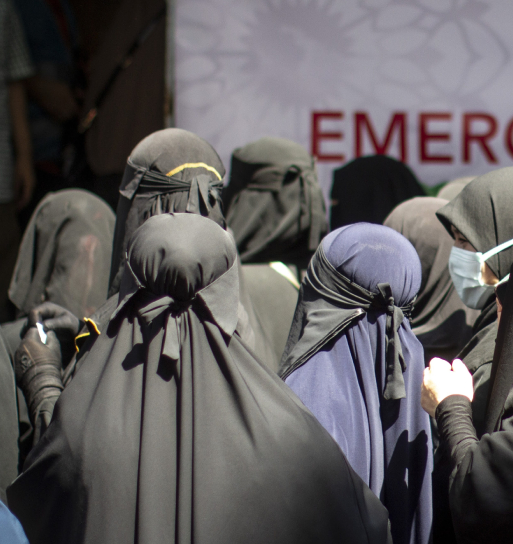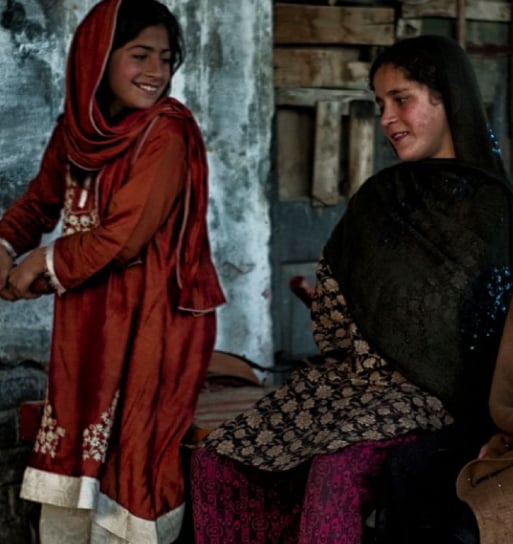
Feed The Fasting – Ethiopha
The project ‘Provision of Basic Food items Support for Destitute Female-Headed Families of Semen Goto Village, Silte Province’ targets families that are headed by females and engage in rural wage employment.
It is targeting destitute families who currently live below the poverty line. It addresses the basic food gap at the household level, which causes each selected beneficiary to be food insecure throughout the year—giving priority to essential food items that the recipients prefer during the month of Ramadan.
Project Strategy
Activities of the project:
- Screening the right beneficiaries, together with stakeholders.
- Market assessment.
- We are carrying out the necessary procurement process based on the procurement procedure.
- In collaboration with government stakeholders select suitable sites for preparation and distribution.
- We are distributing the ration to the beneficiaries as per the distribution schedule.
- We are submitting the performance of reports to the government bodies and donors.


Project Sustainability
By its nature, the seasonality of the project delimits phasing out the strategy of the project. The project persists only for specific days from the start and completion of food items distribution. Proper implementation of projects like this is an indication of their completion since they begin and end up within a brief period. Thus, the sustainability issue is not part of the occasional projects because they are not designed initially to sustain. HCDA in the future may carry out a further assessment on the status of such beneficiaries and how to sustainably support them to make self-supporting instead of remaining dependents.



